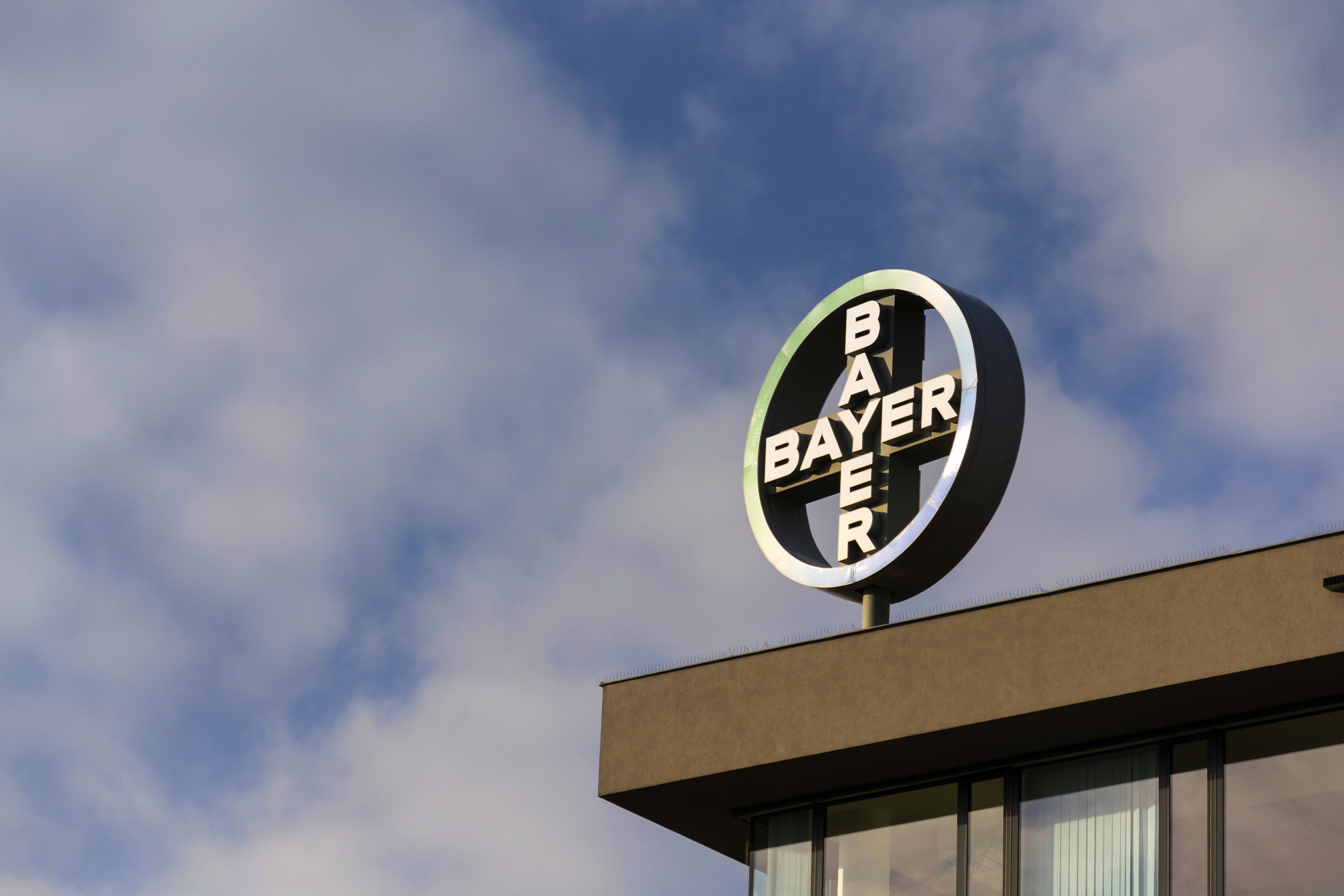A group of heavy-hitter investors has joined together to push for better corporate governance around greenhouse emissions and efforts to reduce the effects of climate change in a new initiative announced yesterday.
The Climate Action 100+ initiative is the work of 225 investors with more than $26.3 trillion assets under management including banks, private equity firms, and pension funds to name a few. It began in 2016 as an implementation plan for the Global Investor Statement on Climate Change, a statement signed by 409 investors in the months before the Paris Agreement was finalized in 2016.
A steering committee including representatives from all 225 investors put together the list of 100 greenhouse gas emitting companies including agricultural input suppliers Bayer, BASF, and Dow Chemical along with global food powers Pepsico and Nestle. Australian conglomerate WesFarmers also made the list of target companies. WesFarmers owns several major food retailers in Australia including 300 Target stores in the country as well as selling agricultural inputs.
“Moving 100 of the world’s largest corporate greenhouse gas emitters to align their business plans with the goals of the Paris Agreement will have considerable ripple effects. Our collaborative engagements with the largest emitters will spur actions across all sectors as companies work to avoid being vulnerable to climate risk and left behind,” said Anne Simpson, investment director of sustainability at California Public Employees’ Retirement System (Calpers), one of the participant investors, in a statement.
The list of companies was developed using data from CDP’s (formerly the Carbon Disclosure Project) emissions data. Noticeably no major meat companies or feed suppliers ended up on the final list of 100 target companies.
The investors have committed to pressure these 100 companies to enact stronger corporate governance, reduce greenhouse emissions across the supply chain, and provide more information to shareholders of climate-related financial risks.
The Paris Agreement was dealt a blow this year when US President Donald Trump announced that the US would pull out of the agreement in June. However, French President Emmanuel Macron said in an interview yesterday that he believes Trump will bring the US back into the deal soon.
“To support the full implementation of the Paris Agreement it is also vital that investors and universal owners across the mainstream investment community do more to ensure major corporate emitters move swiftly to address the risks and pursue the opportunities presented by climate change,” said Stephanie Maier, director of responsible investment at HSBC Global Asset Management in a statement.
All of the food and agriculture companies targeted by the initiative have public climate change policies.
Nestle provides the most specific public goals, pledging to reduce emissions per tonne of product by 35% overall by 2020, compared to 2010. The company has also set the goal of reducing emissions in distribution operations and warehouses by 10% by 2020, compared to 2014.
Bayer has pledged to cut its “specific emissions” of greenhouse gases by 20% by 2020, compared to 2015 emissions.
BASF has publicized the goal of reducing “specific greenhouse gas emissions” per metric ton of product by 40% by 2020, using 2002 levels as a baseline. The company claims to have reached a 37.2% reduction by 2016.
Dow Chemical has no specific public goals for decreasing its own emissions but says it intends to “lead through performance and thought leadership to promote energy and greenhouse gas emissions performance policies, best practices and standards, and will participate in clean energy development and use.”
Pepsico has an expressed goal of reducing “absolute” greenhouse emissions by 2030.
These companies are on the target lists despite these claims. The Climate Action 100+ Initiative will issue an annual report and companies may be removed from the list if they make enough progress in the eyes of the steering committee.





